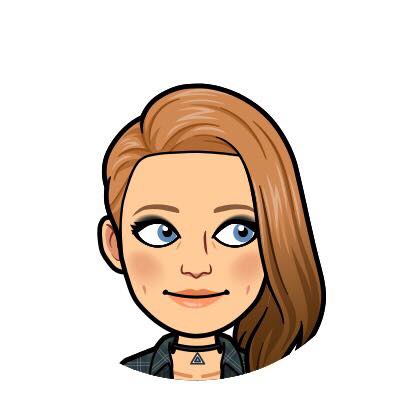|
The prospect of being labelled with a disorder can seem terrifying. Before I was told I had anything, I thought I was perfectly fine. That was until I realised I wasn’t. And it was so, so scary. I can’t really describe the feeling of being twelve years old and, as a doctor tried to explain to me what all these letters stood for, I just cried.
I wasn’t given a proper name or label for my first trip to the doctors. I’d been bullied for two years straight and it had affected me so much that ever when it had stopped, I kept imagining a bully behind me, calling me names, but there was nothing there. I told my mum after a terrible parents evening and she was probably as freaked out at as myself. A week or so later, the doctor told me I was experiencing symptoms of PTSD but, I wasn’t bad enough or old enough for them to actually tell me I had it. Next came OCD, hair-pulling disorder and anxiety. I didn’t go to a doctor for that, I went to a private counsellor who gently explained what they meant, where I could get help, etc. I was fourteen by this point but I had a much wider understanding of how mental disorders worked, because I knew people very close to me who had different forms of them. Even now, aged nearly sixteen, I’ve recently discovered I’m possibly dealing with Attention Deficit Disorder, and I have another doctors appointment for it. It smacks you hard, and it can be very hard to understand how it works. If you’re quite young, it might feel like the end of the world. I remember feeling like I would never fit in and would be considered strange. But honestly, if I kept it to myself, they wouldn’t have even noticed. A lot of mental disorders have no physical symptoms. So many people are surprised to find out I deal with some of the stuff I do. I promise you, it is not as obvious to other people as it is to you. I spent the first month or so after being diagnosed in a panicky state, and whenever someone said something like ‘I’m a bit OCD about how I arrange my pencils!’ I would turn around in fear. The key to coming to terms with it is taking it slow, only telling the people you think should know and also speak to others who have experience with whatever you may be dealing with. Each person reacts to each thing differently, so it’s hard to summarize it all in one article, but I swear that talking to others with the disorder can help. I don’t want to say other sufferers, because that makes it seem drab and dreary, which in truth, it probably is. But it’s not the end of the world, despite it feeling like that, and hearing others journeys can be more inspiring than you think. The one key thing someone said to me was ‘you were this way before you got diagnosed, you just know what’s up now,’ and that is still very significant. In retrospective, you’re still you. Nothing has changed. Before you were diagnosed, you may have thought everything was fine, and you would have adapted to dealing with the undiagnosed disorder. And in a way, that’s beneficial because you already knew how to deal with it. Getting diagnosed won’t suddenly increase the severity of your disorder. You might feel like ‘oh my god, I’ve got something wrong with me, what do I do?’ but try and be more ‘Okay, I found out I have this disorder. It’s scary, but I’d still have it even I wasn’t told about it.’ So, to summarize it - stay calm, stay focused, stay positive and stay strong. Stay yourself, and stay with the people you love. Being diagnosed is not the end of it. It’s the beginning of a new journey - one you’ve already started - and the journey may be long and hard, but you can never know. Take each day at a time, and you will the find the strength within you to fight.
1 Comment
|
JazzI really hope this helped, message me if you need further advice and have a good day! Categories
All
|
|
|
Teenagers With Experience is an online organisation created to provide teenagers worldwide with an online platform to share their own experiences to be able to help, inform and educate others on a variety of different topics. We aim to provide a safe space to all young people. You can contact us via email, social media or our contact form.
|

